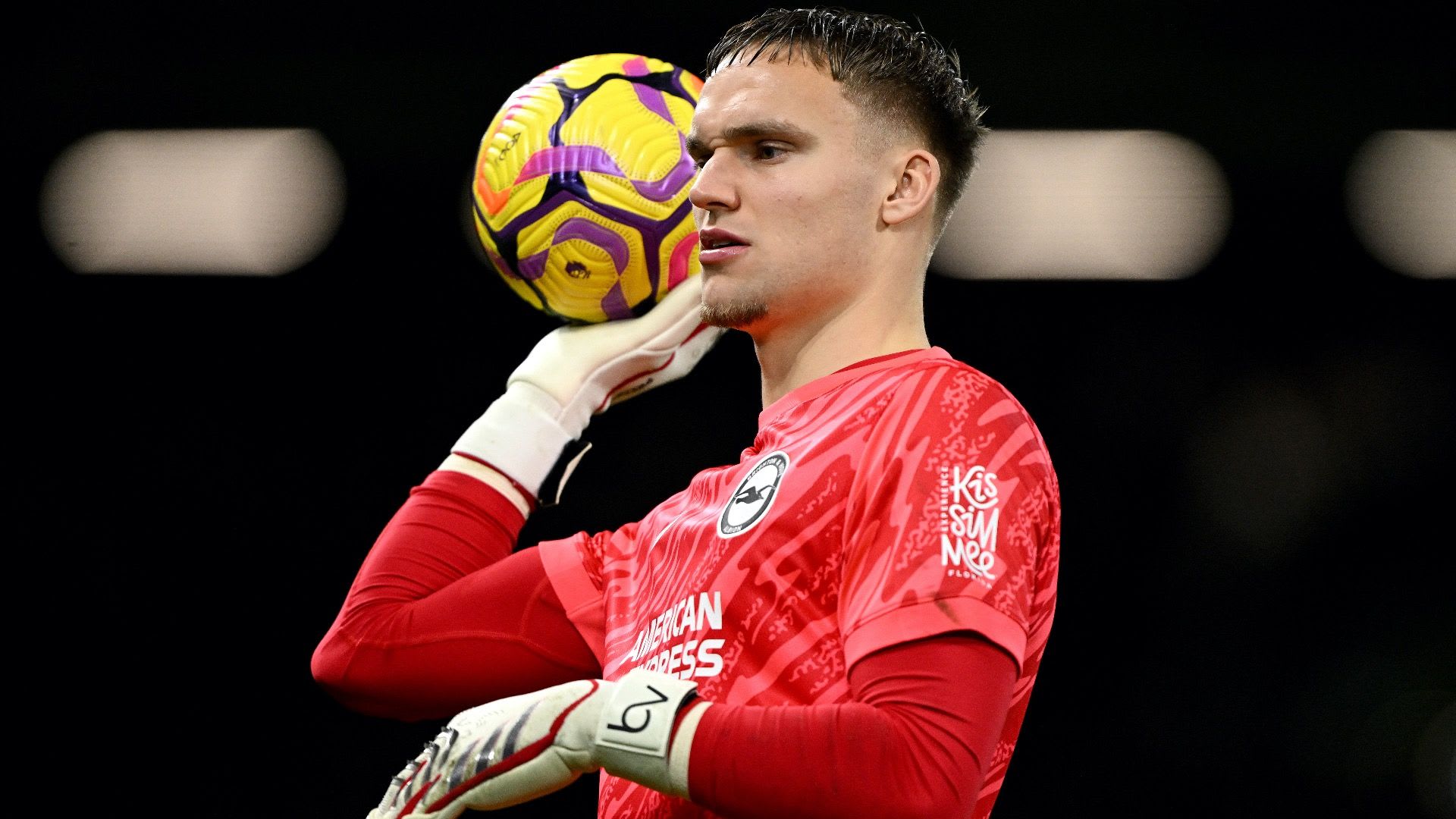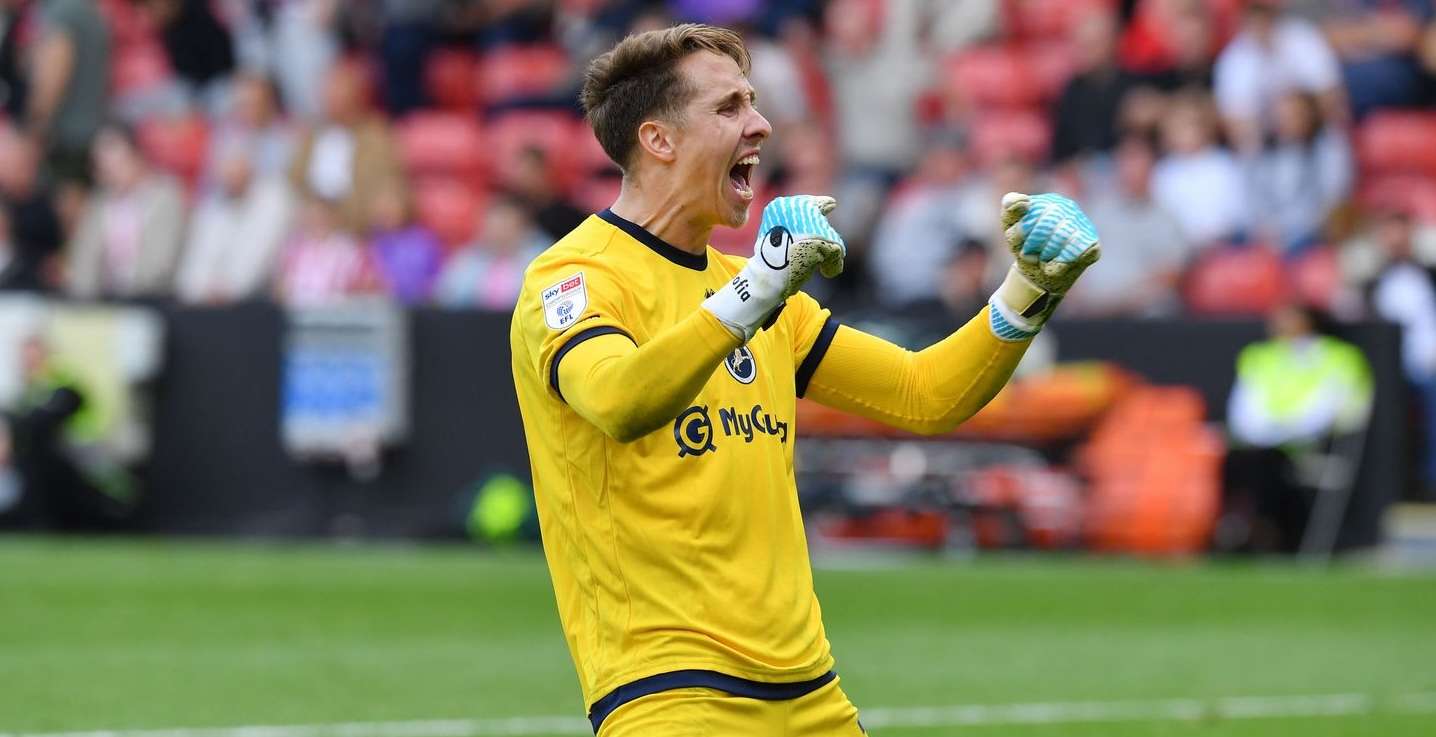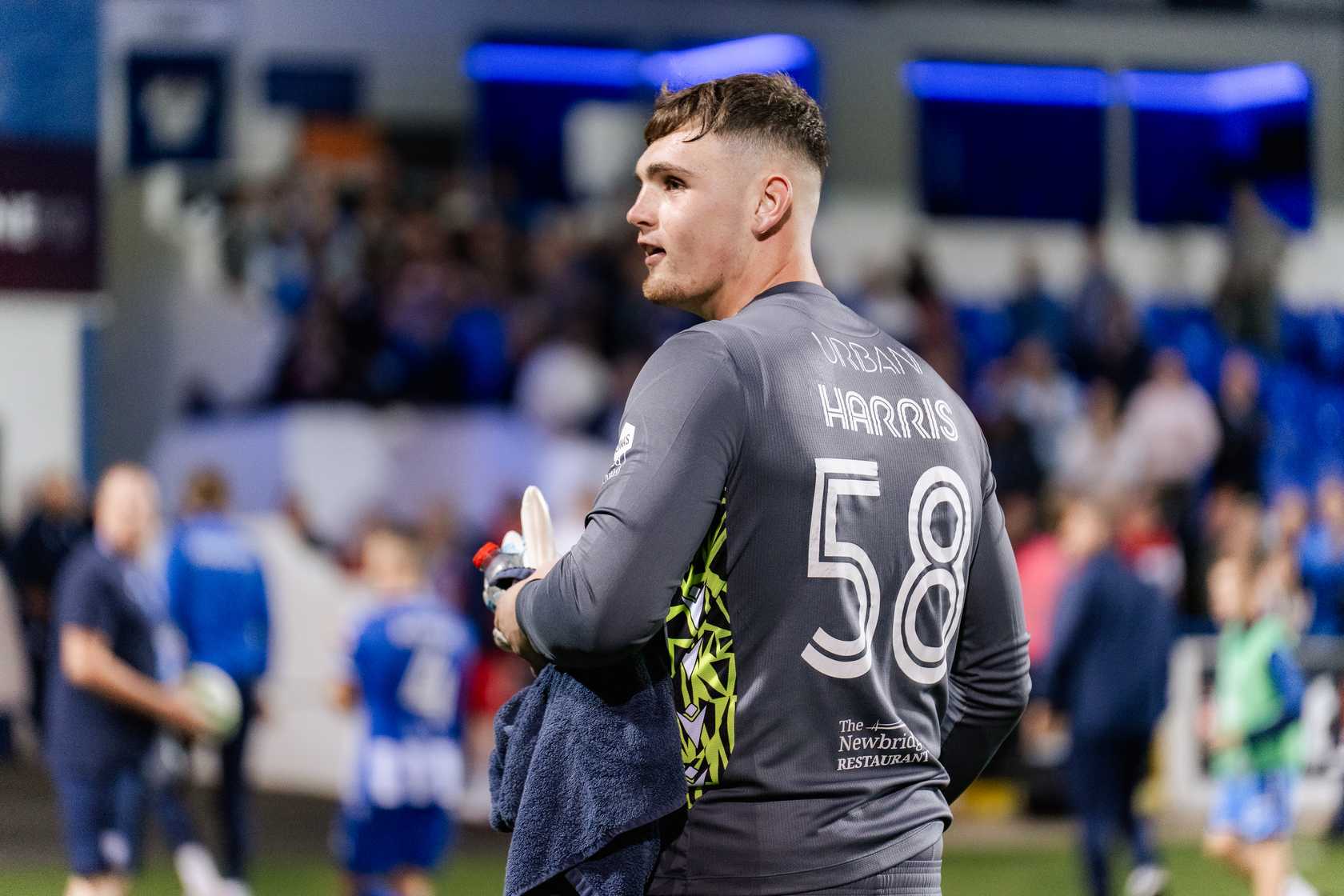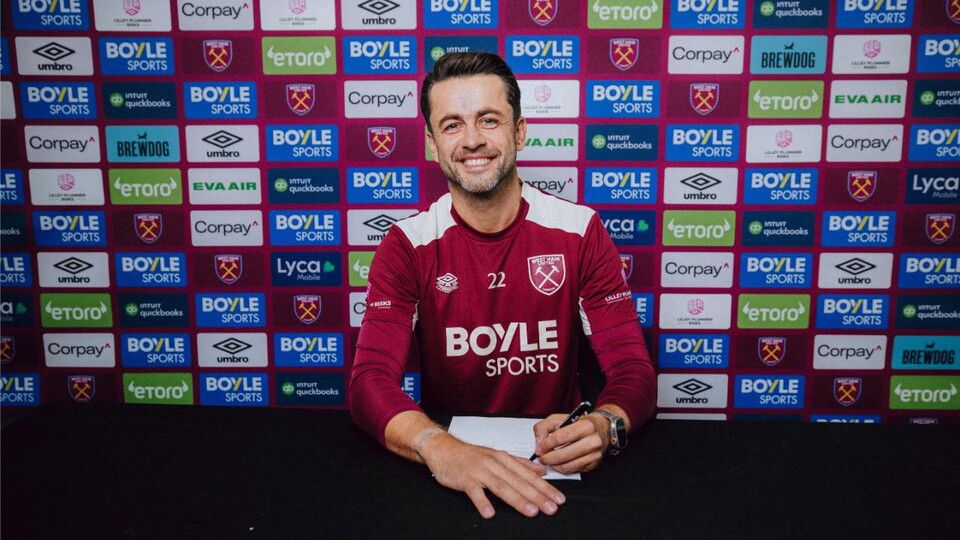Jamie Carragher has claimed that goalkeeping standards in the Premier League are the worst they've been. Knee-jerk reactions
Header image: Mike Hewitt/Getty Images
Things always seem worse in the 21st century. The amount of information recycled and wrenched from the bowels of social media and more rigorous data-gathering technologies is non-stop. Performances on the pitch are scrutinised and upturned for the truth. It’s evidence, you see. No one can blithely state that “things just happen.” There is relentless reason and fact behind everything. It’s exhausting.
A goalkeeper knows this all too well. The age of innocence is over. Not that the number one was ever protected from the crime scene. Keepers are always the usual suspects when teams concede. Maybe Ben Foster’s camera in the net could be mounted on widescreen to show the bigger picture. A reality show called Goalkeepers On Patrol would use real-time footage of the multiple roles goalkeepers' union members fulfil.
Every team has blips and every player’s ups, downs and turnarounds are tracked to their very bootstraps. Still, humans are not AI machines. Defenders bump into each other. An entire midfield goes missing. These things are not unconnected to keeping the ball out of the net.
“How easy players come through our box and to finish, it can't be,” said Erik ten Hag in his imperfect English when trying to widen the focus from Andre Onana’s error in that 4-3 Champions League defeat by Bayern in 2023. The Dutchman had a point, but the optics are always about the last event. We live in a TikTok memory chip.
The spotlight is currently shining starkly on one position from the commentary studio. “I actually think the level of goalkeeping in the Premier League right now is as bad as it’s been. I see so many goals go in. We are in an era last two, three years, where there’s been more goals scored than ever before. I feel the level of goalkeeping is a big part of that,” boomed Jamie Carragher after Brentford’s home loss to Tottenham at the beginning of February.
The former Liverpool defender’s analysis almost sounded Trumpian in its vocality. The latest culprit was Icelandic international Hakon Valdimarsson, making a first Premier League start in the Bees goal. Give the man a chance, Jamie. His positioning was “a recipe for disaster” according to Carragher.
For balance, when Valdimarsson had been airdropped in for his EPL debut halfway through a difficult game against Brighton, Thomas Frank called him a “composed” and “calming presence.”
Is this 'bad level' a feeling or a fact derived from data? Science can sit this one out. When multiple goalkeepers make mistakes in a short period over a series of high-level games, it’s a trigger for a piece or a pile-on. It’s happened since time began.
Joe Hart knows a thing or two about dips, having been exiled from Manchester City when Pep Guardiola arrived with a different idea. The former England goalkeeper was in the studio for the Aston Villa and Spurs FA Cup game as Antonin Kinsky let one slip through his hands.
Hart immediately referenced how the young Tottenham goalkeeper had made a solid debut just a month before against Liverpool on the back of a whirlwind transfer. Hart then articulated how the 21-year-old’s presence and confidence dropped as he subsequently struggled in a decimated team that was toggling between three custodians.
Context. Things happen. It’s almost as if being parachuted into an existential North London crisis was no problem for a confident kid.
Goalkepeers are killed softly or praised by a compilation of touchscreens and stats that reduce split-second experience to a series of slow motion car crashes or superlatives. When the orchestral manoeuvres on the park start badly from the back, the team concedes a gift to the opposition. The knee-jerk witnesses shout “Dodgy keeper”.
Stefan Ortega dropped the baton at the Emirates twice and David Raya was then exposed doing the same thing at St James’s Park a few days later. Bart Verbruggen was cock of the walk at the Euros, but when Brighton miss their notes, there’s usually one culprit in the different coloured jersey.
There are so many moving parts to a goalkeeper’s health that to point the finger in an identity parade is overly simplistic. Modern tactics may demand a bigger toolkit and leave some more traditional stoppers exposed, but the basics don’t change. How quickly we forget the class of the Millennium.
David de Gea spent much of his Old Trafford years making up to 14 saves a game, but in 2020 he was told to “go back to basics” by Gary Neville. Peter Schmeichel, who released a documentary this month about his time under Fergie had been quick to defend the Spaniard in the previous season.
“The guy has been playing in the same team that hasn't been performing well for a long time and he's been absolutely outstanding.” It’s not sustainable to keep excellence when there are short circuits elsewhere.
Ederson was fine on the eye and efficiency ratings against Madrid for 85 minutes until that City flare malfunction went off across the pitch. He was technically the man who started the ball rolling in the wrong direction, but the same episode has been on a loop for weeks. Football is brutal when a team goes south.
Jordan Pickford had a comedown from the ecstatic highs and lows of the 2018 World Cup and 2020 Euros (See: Verbruggen, Bart) and took time to resettle in an uncertain Everton side. Young Prototype Kepa was struggling badly in a Frank Lampard defence and being shouted at by Maurizio Sarri at Wembley. A few years down the track, a more mature thirty-something is in a better stride at Bournemouth.
The lack of nuance in the goalkeeper narrative can drive ideas of loss of form or quality when there’s a much more complex set of specifics at play from Stamford Bridge to the Etihad.
One of the most sensible things Ten Hag said about that Onana blooper was “Let’s not make it bigger than it is.” Sadly, that’s just not the way of the world. Everything is a drama.








